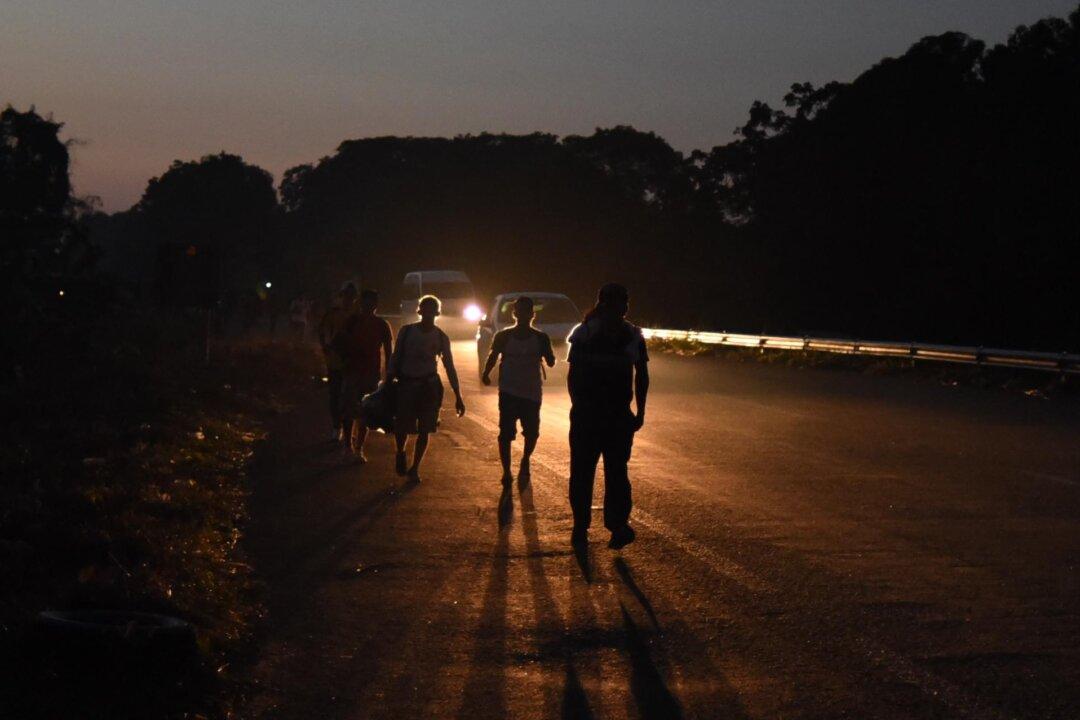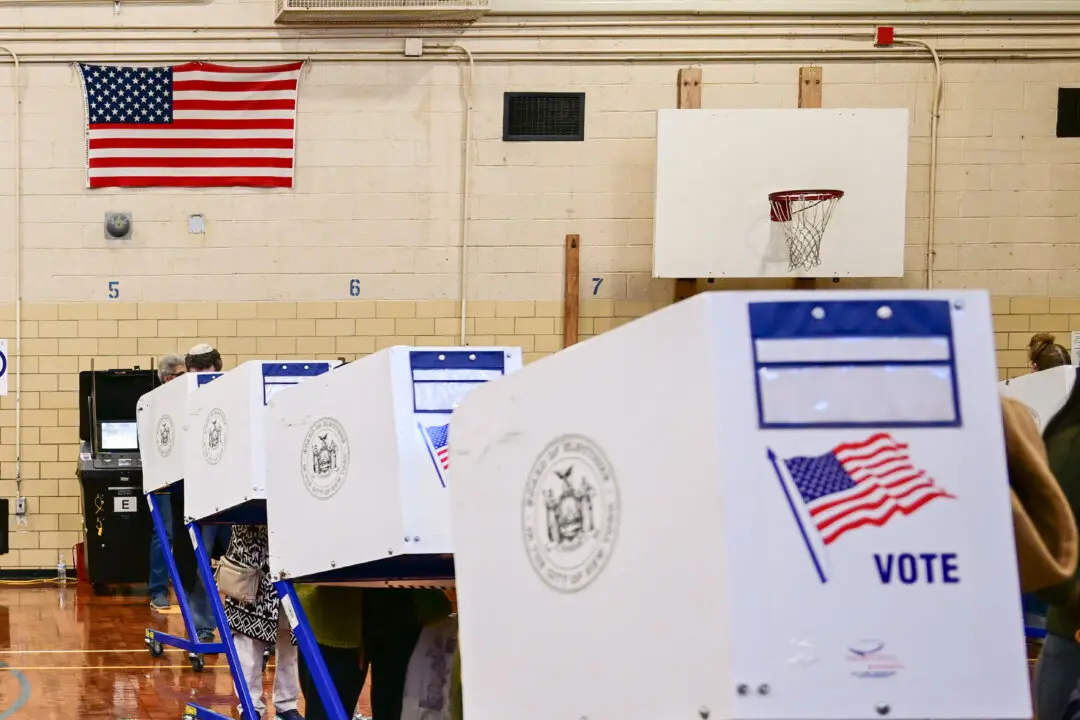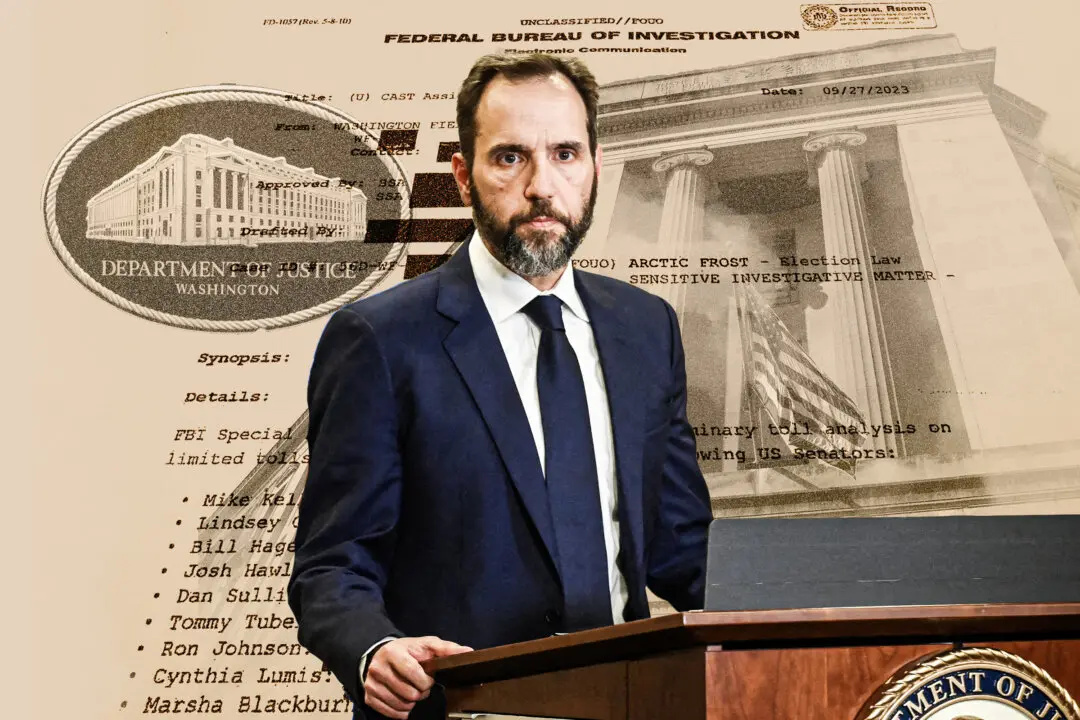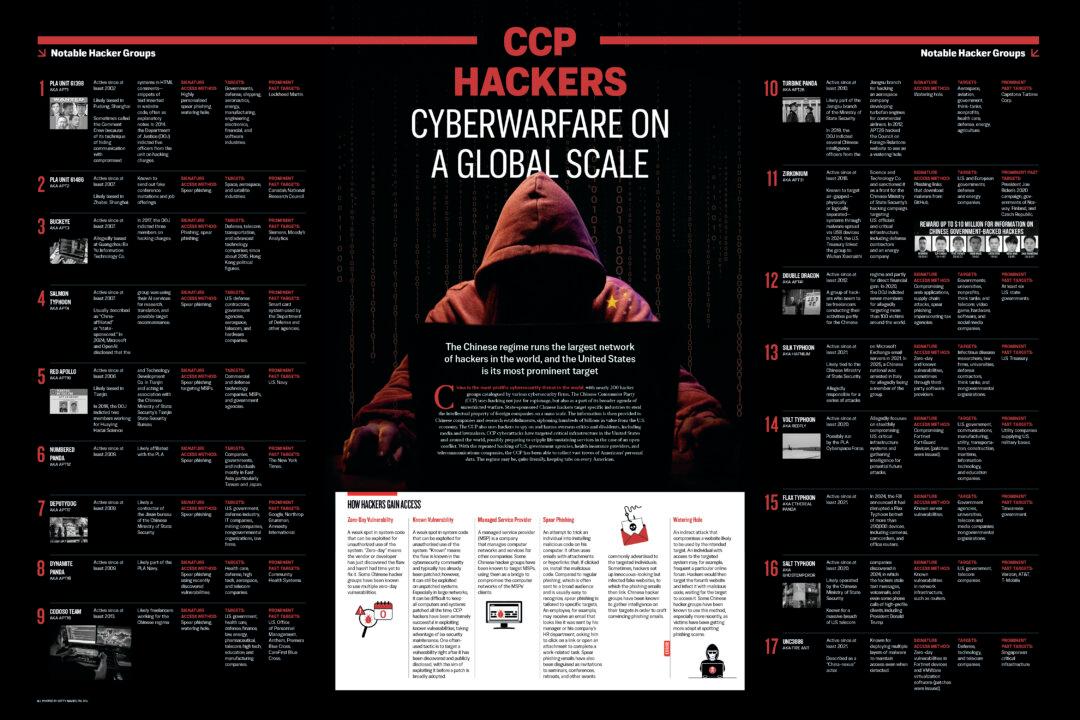The caravan of thousands of people bent on illegally entering the United States includes gang members or people with “significant criminal histories,” Homeland Security Department spokesman Tyler Houlton stated in an Oct. 23 tweet.
As the caravan makes its way north towards the U.S. border, “citizens of countries outside Central America, including countries in the Middle East, Africa, South Asia, and elsewhere are currently traveling through Mexico toward the U.S.,” Houlton said in a subsequent tweet.





